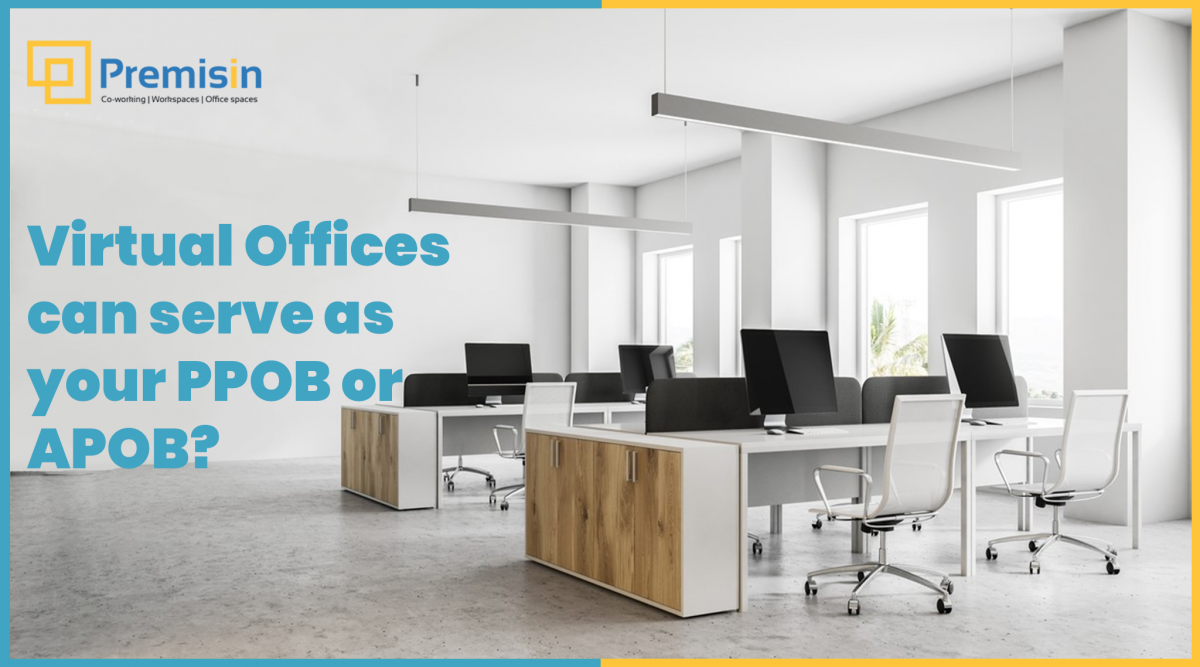The pandemic has affected almost every area of life and work as we know it, and due to this many organizations have adapted to or transitioned their ways of work from traditional to co-working. It certainly does come with its own challenges.
Future of co-working
It is said that co-working spaces in India could potentially increase at a faster rate if the growth rate of these workspaces were maintained.
But with work culture and society as a whole has undergone extensive changes over the past few months, companies may be concerned about using offices for the moment. However, experts still predict that this could mean good news for the co-working industry if it makes the necessary changes.
Although remote working has its own advantages, at times its drawbacks tend to take over, such as unreliable home technology, constraint home office space, uncommunicative team members, and mental health issues that can come with rearranging home and work responsibilities.
Moreover, the future of work often requires distinct ways of working. In particular, flexible and vigorous ways of working will very soon become common as they will allow companies to react faster to changing and developing conditions in the business scenario. Along with this trend, more work will be project-based and involve staff from outside, which in turn increases the importance of networking and social skills.
Purposefully designed offices can encourage such new ways of working and co-working spaces to fulfill many of these changing requirements of the market. There is no escaping the fact that the nature of work is changing, however, so it’s worth embracing the positive aspects of that work-life change. What constitutes a job is no longer neatly bound by notions of a career, the nine-to-five, of 40-hour weeks and four weeks holiday leave, and nor should it be.
Entrepreneurs, startups large corporations, and remote employees, and freelancers of all types are moving to co-working spaces in record numbers. Free & fast WiFi, several facilities provided are some of the reasons companies are focusing on while choosing the co-working space but that’s not all;
Opportunity for co-working
Co-working provides a motivating and encouraging environment. Members can take energy from one another even if they don’t talk about their particular projects. Co-working colleagues flourish in a pressure-free environment, politics-free workplace, and competitiveness among the co-workers engaged in the same activity.
Strong sense of work identity
Co-working spaces are unique in that they bring together not only individuals working on all aspects of a business, but also businesses from other industries. Individuals build a sense of worth and relevance in their job by learning about what others are doing.
Work and life balance
Individuals can determine their own working hours in co-working space, which is something that may not be achievable in a traditional office setting. Co-working spaces give flexibility to the individuals to choose their own selective working hours, something which would be impossible in a typical office setting. It is possible to organize your working hours around those of other family members rather than carrying work home or sticking to a regular work schedule. This gives you more time with your family and avoids disruptions.
Employers have discovered that having less control over what an individual does with their time results in higher performance, therefore co-working is beneficial to both employees and employers. Hiring employees without having to supply them with office space is not only cost-effective but also freeing. It’s only a matter of time before the workplace as we know it becomes outdated as employees and companies adapt to this new style of working.


